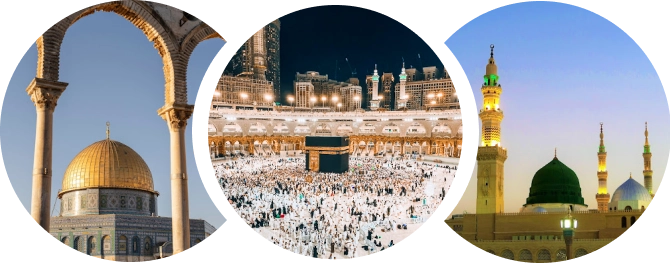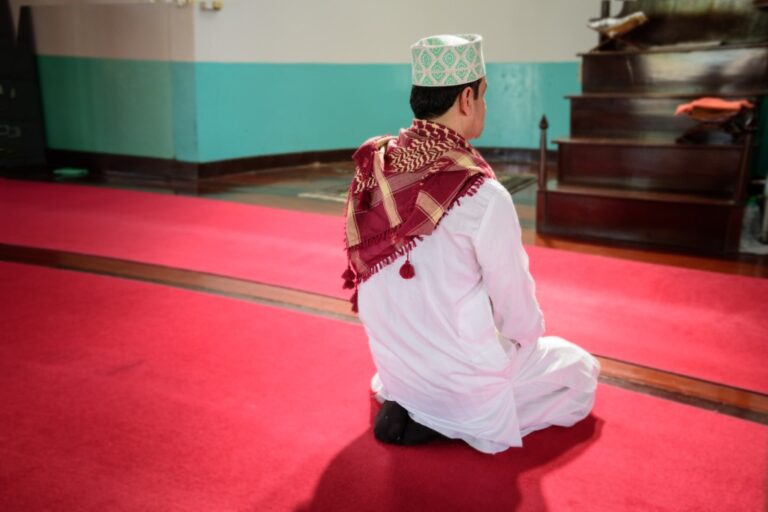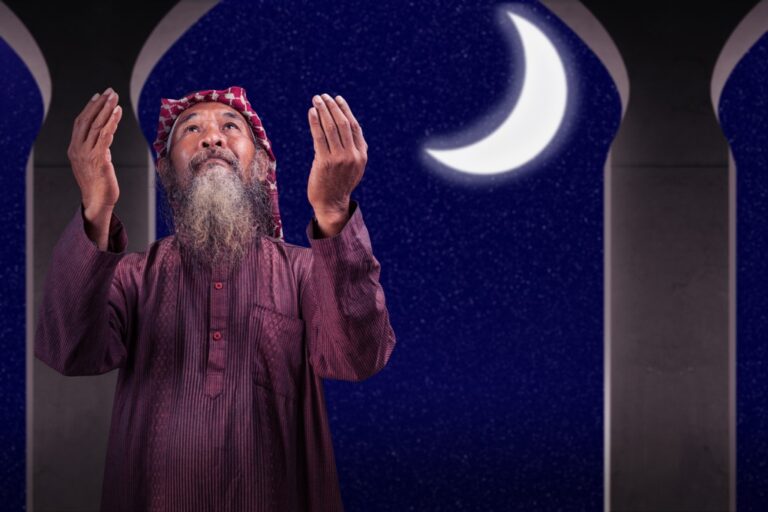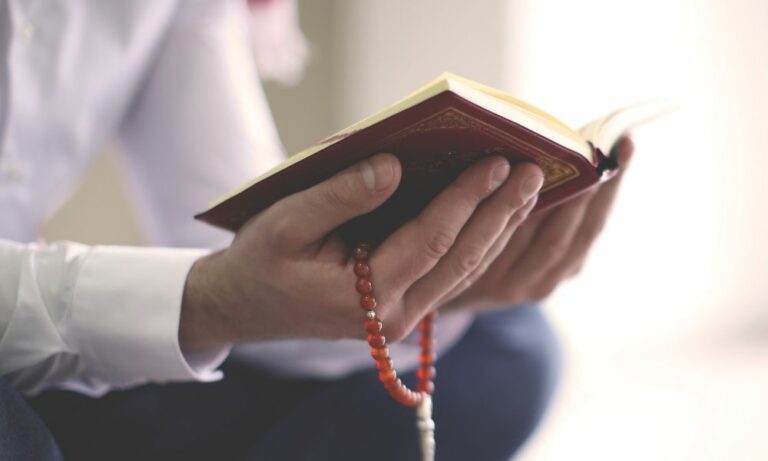Allahumma barik lana fi Rajab wa Sha’ban: Full Dua Meaning and Misconceptions
Are you looking to understand the “Allahumma barik lana fi Rajab wa Sha’ban Dua”? Often recited during the holy months of Rajab and Sha’ban, this Islamic prayer is known for its rich historical significance.
This blog post will delve into the authenticity and interpretation of this meaningful Dua, clarifying its value in your daily spiritual practice. Stay with us as we explore these fascinating insights.
Authenticity of the Rajab Dua
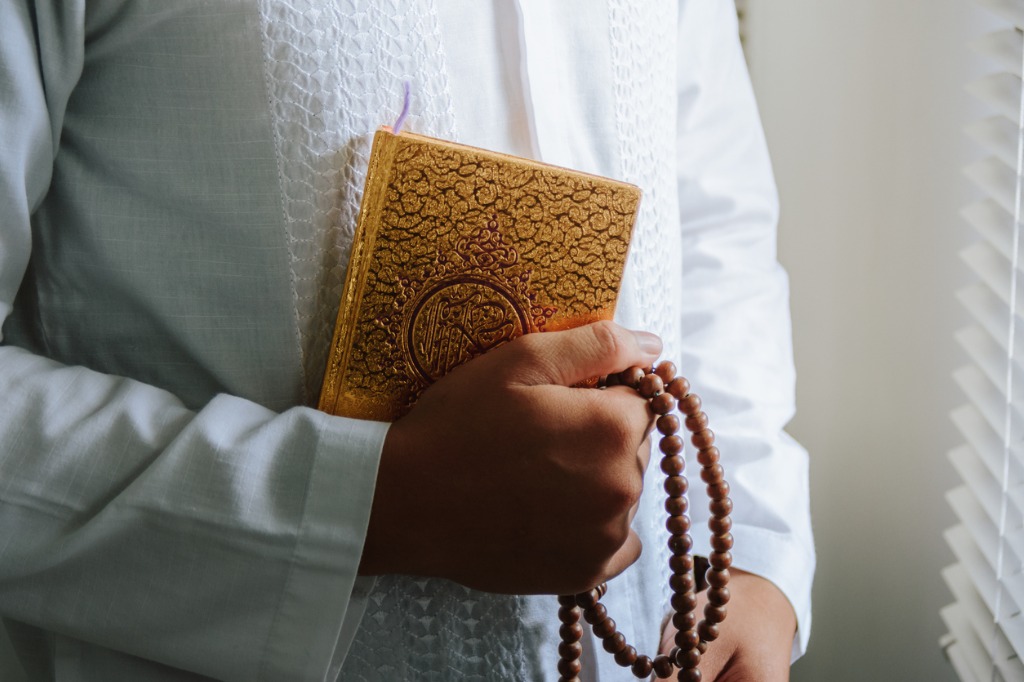

The Rajab Dua is often recited at the start of Rajab. Many believe that it is a Sunnah of the Prophet Muhammad PBUH. However, some feel unsure about its truth.
Muslim scholars Nawawi and Al-Hambali have given their views on this matter. They think the saying should not be seen as strong proof but as weak. Yet, they also said using these words in prayer is acceptable.
It is like this with many Islamic sayings or “Hadith.” Some are strong, and some are weak. This Dua is seen as “Mustahab.” That means it shows doing something good or suggested.
Even so, many people still wonder if they should say this Dua or not. Scholar Muhammad Tahir Al-Fatani helps answer this question. He says while it may be weak proof, using those words won’t make your prayer wrong.
Reference: Authenticity of the Rajab du’a – IslamQA
- For the most accurate Athan and Prayer times, please click here
Significance and Virtues of Rajab in Islamic Tradition
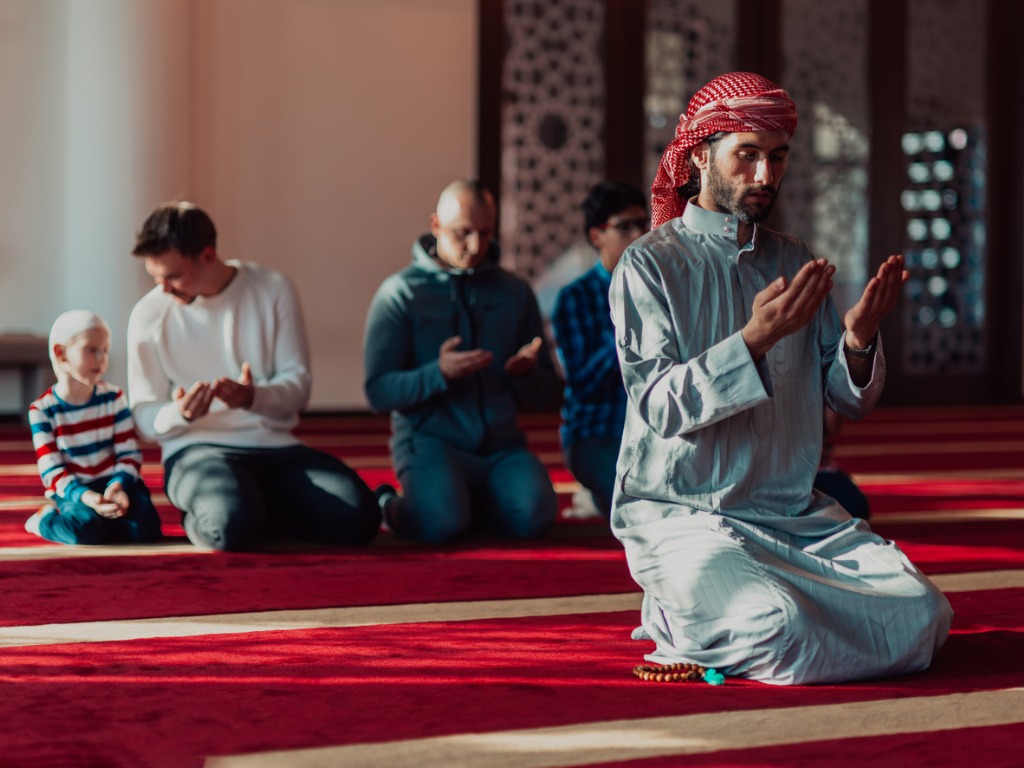

In Islam, Rajab is a special month. It is one of the four holy months of the year. In the past, war was not permitted during this month. People could travel freely because they were at peace. Muslims believe that good deeds performed during Rajab earn additional rewards from Allah SWT.
This makes it an ideal time for prayer, fasting, and doing good deeds such as donating to charity or assisting others. During this month, some people also perform Umrah. Umrah is a holy trip to Makkah that follows specific steps, but unlike Hajj, it can be done at any time of the year.
Fasting in Rajab is optional, but it earns many points with Allah SWT because it is hard work! To prepare for Ramadan, the Prophet Muhammad PBUH would fast more frequently in Rajab and Sha’ban.
- Download Muslim Sadiq app, and enjoy all top-notch features for everyday activities!
Explanation of the Dua “Allahumma Barik lana fi Rajab wa Sha’ban”


The Dua “Allahumma Barik lana fi Rajab wa Sha’ban wa balligh-na Ramadan” is a special prayer in Islam. It asks Allah SWT for good in the months of Rajab and Sha’ban, and the opportunity to attain the blessings of Ramadan.
The Arabic words mean in English, “O Allah! Bless us in Rajab and Sha’ban and bring us to Ramadan”.
By reciting this special Dua from the start of Rajab, Muslims seek Allah SWT’s assistance during these holy months preceding Ramadan. It also helps them prepare their hearts for Ramadan, a time when they fast and pray more frequently.
The Role of Dua in Islam
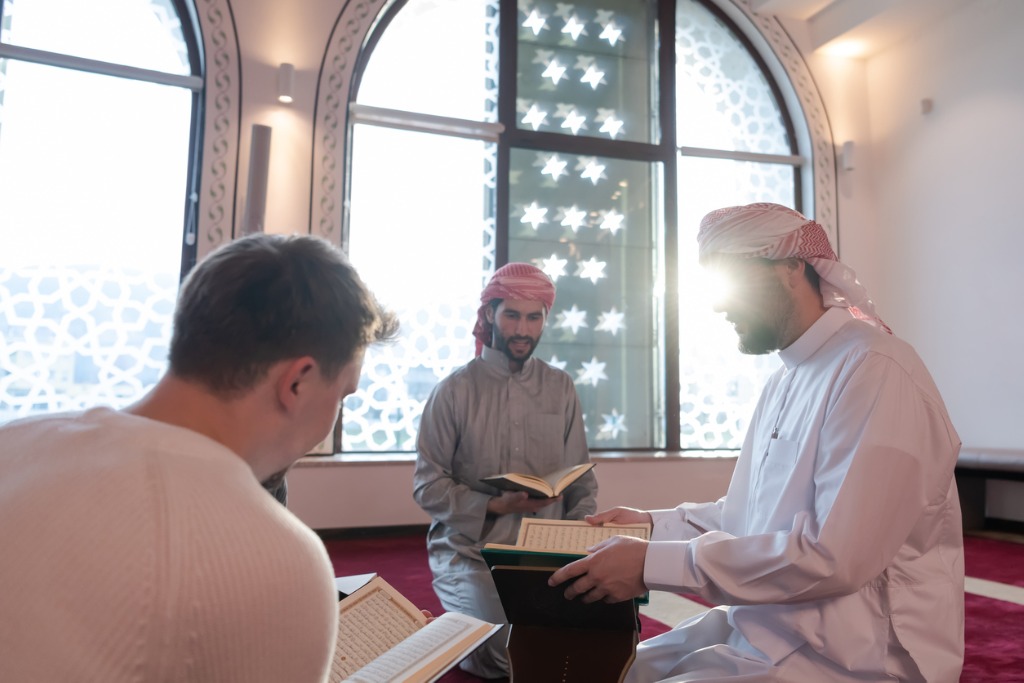

Dua holds a crucial place in Islam; it is considered a direct way of communication between the individual and Allah SWT. Muslims make Dua to ask Allah SWT for help, to fulfill their wishes, to show gratitude, and to seek forgiveness from Allah SWT. Dua is a special tool that Muslims use when they need something!
Muslims firmly believe that Allah SWT always listens to their Dua. This belief is based on the following Quranic Verse:
وَقَالَ رَبُّكُمُ ٱدْعُونِىٓ أَسْتَجِبْ لَكُمْ ۚ
Your Lord has proclaimed, “Call upon Me, I will respond to you.” (40:60)
Even if Allah SWT doesn’t respond to your Dua immediately, Allah SWT knows the best time for its acceptance, and if it never gets accepted, it converts into good deeds that will help you on the Day of Judgment.
Interpretation of “Allahumma Ballighna Ramadan”
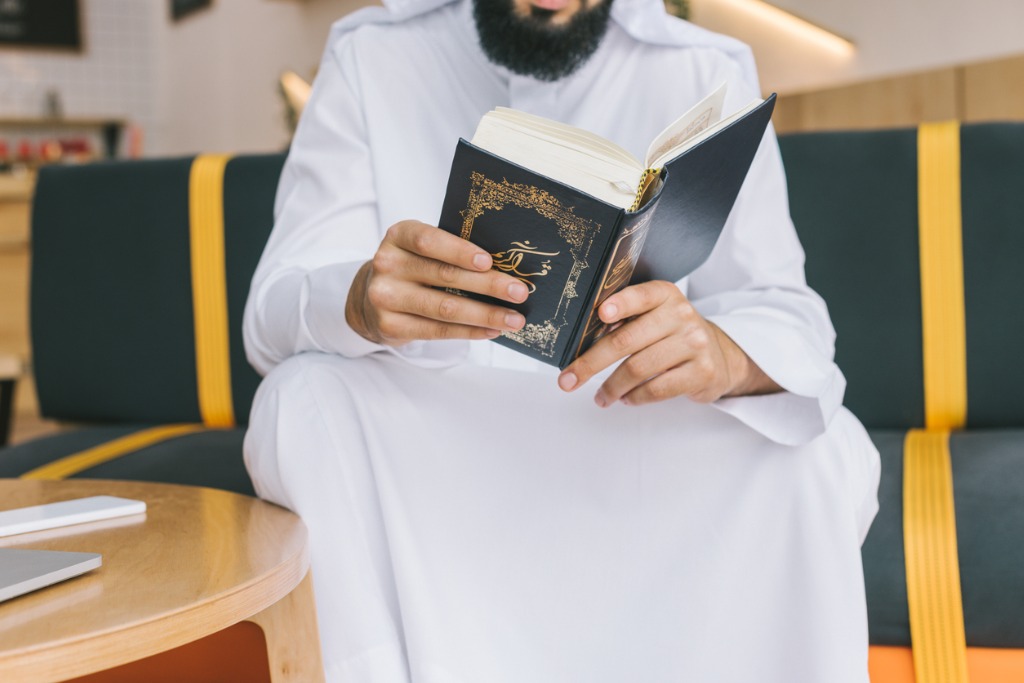

When people want to live until the next Ramadan, they say this phrase: “Allahumma Ballighna Ramadan.” In English, we say, “O Allah SWT, please allow us to reach Ramadan.”
This demonstrates a strong desire to participate in the holy month of fasting. Many Muslims say this prayer after they finish saying the Rajab Dua. The goal is to have blessings and grace in our lives until the next month of fasting, or “Ramadan”.
The Importance of Sha’ban in the Islamic Calendar
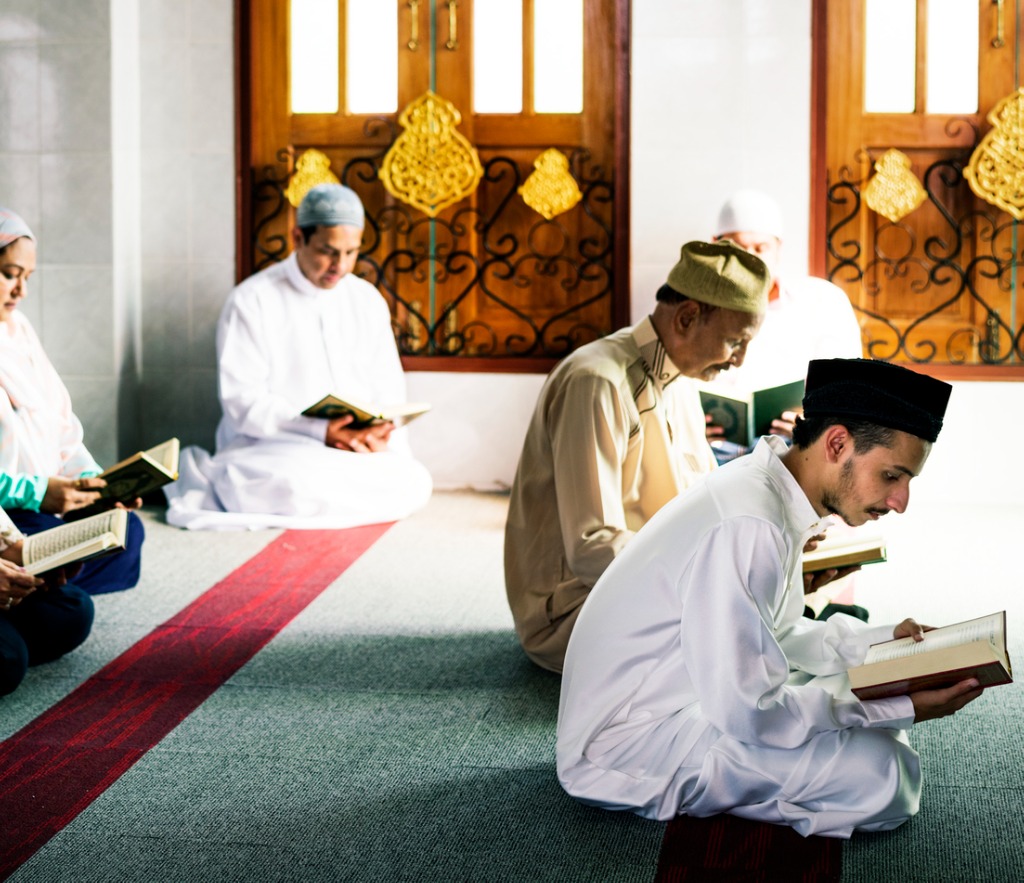

Sha’ban is a vital month in the Islamic calendar. It comes just before Ramadan. Prophet Muhammad (PBUH) was known to observe the most voluntary fasts in Sha’ban. Fasting during this month prepares you for Ramadan.
- Read Al Quran along with interpretation in the easiest way possible by clicking here
Common Misconceptions about this Dua
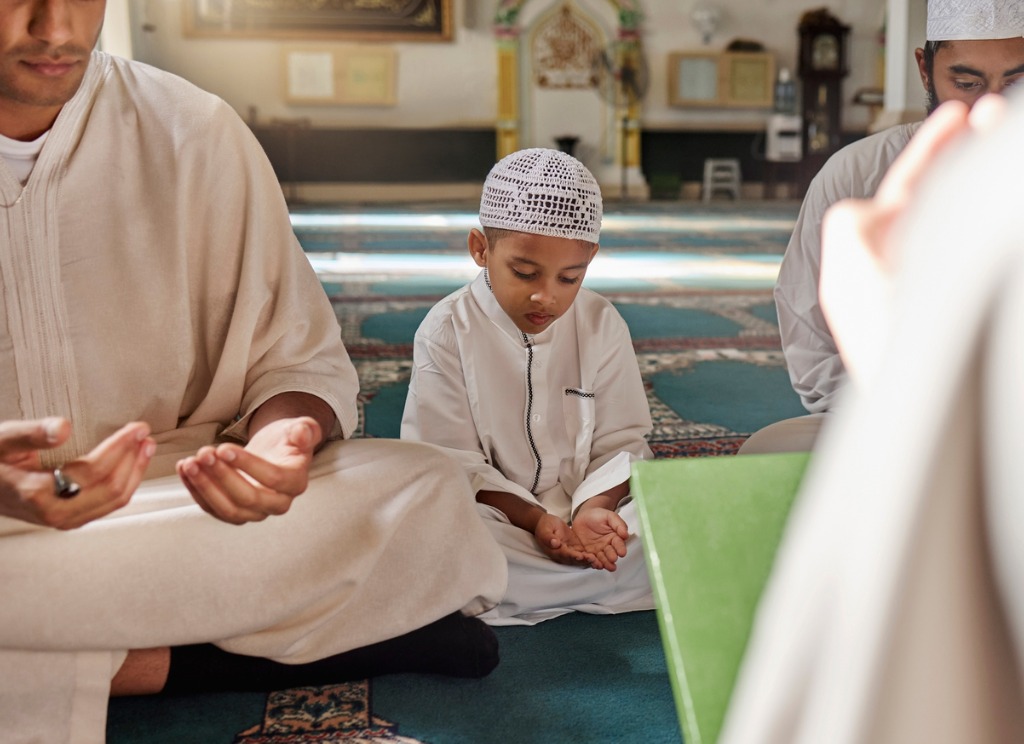

There are a few misconceptions about this Dua. Here are some of them:
- Some believe that this Dua is sahih. However, it is considered weak. It is not as strong as some believe.
- Others believe that saying this Dua in Rajab will bring them unique benefits. This is not correct. There are no additional benefits to saying it in Rajab.
- Some Muslims may believe that special prayers or fasts are required during Rajab. This is also incorrect. During this time, any additional prayers or fasts are voluntary.
- There is a widespread belief that “Allahumma Ballighna Ramadan” is based on a sahih hadith. However, it is regarded as a weak one, and we cannot use it as a proof.
- Because of this Dua, people may believe there are virtues associated with the month of Rajab. However, no authentic hadith mentions such virtues.
How to Incorporate this Dua in Daily Life
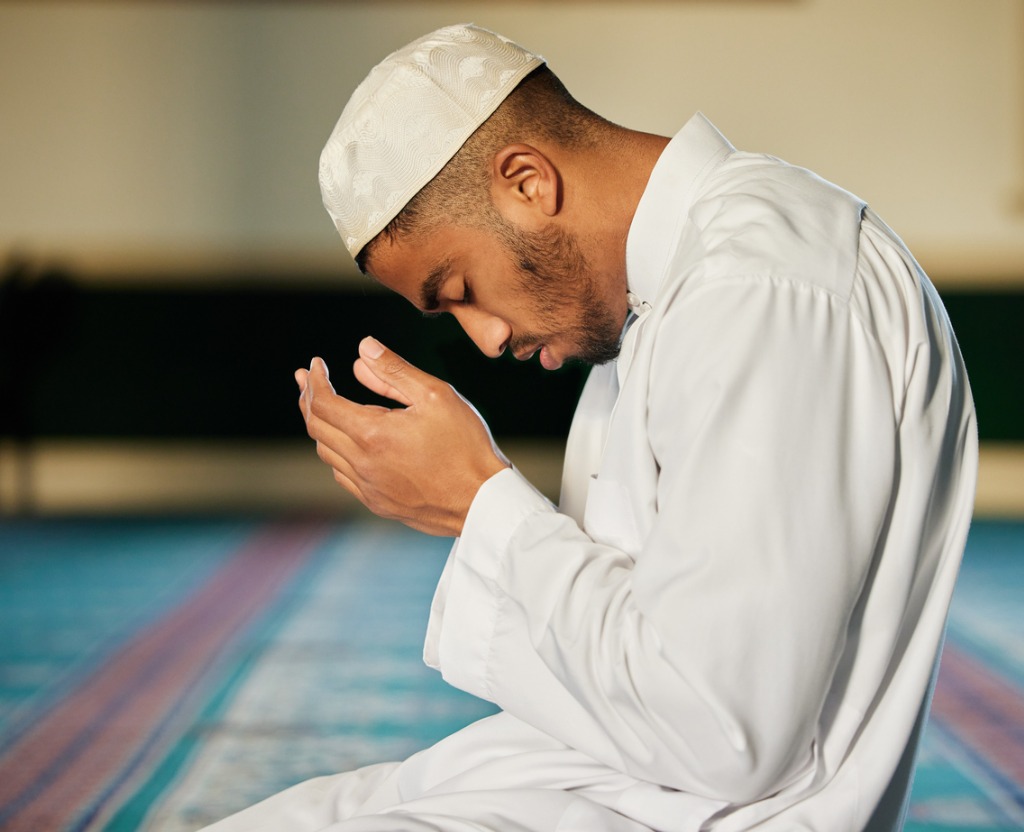

You can make this Dua part of your daily life with easy steps.
- Start each month of Rajab by saying this Dua.
- Repeat the Dua after your daily prayers.
- Teach it to your family and say it together.
- Use it as a reminder that Ramadan is coming.
- Say the Dua before you start to fast in Sha’ban.
- Keep saying the Dua until you reach Ramadan.
- Recite it in your mind during quiet times in your day.
- Use authentic sources to learn more about its meaning and values.
Islamic holidays and important dates are listed here
Conclusion
In the months of Rajab and Sha’ban, asking for blessings is a noble act. This Dua reminds us of our faith. It also prepares us for Ramadan. May we all remember to recite this Dua during Rajab and Sha’ban.
FAQs
What does “Allahumma barik lana fi Rajab wa Sha’ban” Dua mean?
The Dua “Allahumma barik lana fi Rajab wa Sha’ban” is an Islamic practice. It requests Allah SWT’s blessings in the months of Rajab and Sha’ban, as well as the opportunity to reach Ramadan.
Can women say this Dua, too?
Yes, it is permissible for both men and women to say it as part of their Islamic practices and beliefs.
Is this Dua from Al-Bukhari or An-Nesai?
This Dua is not found in the works of Al-Bukhari or An-Nesai.
How does saying the Duas affect my Islamic faith?
These Duas allow Muslims to connect with Allah SWT directly and more deeply, and practice more aspects of their Islamic faith by following the Sunnah of Prophet Muhammad (PBUH).
اللهم بارك لنا في رجب وشعبان: معاني الدعاء كاملة ومفاهيم خاطئة
هل تتطلع إلى فهم "اللهم بارك لنا في رجب وشعبان دعاء"؟ تُتلى هذه الصلاة الإسلامية غالبًا خلال شهري رجب وشعبان المباركين، وهي معروفة بأهميتها التاريخية الغنية. سوف تتعمق مشاركة المدونة هذه في صحة وتفسير هذا الدعاء الهادف، مما يوضح قيمته في ممارستك الروحية اليومية. ابق معنا بينما نستكشف هذه الأفكار الرائعة.أصالة دعاء رجب


- للحصول على أدق أوقات الأذان والصلاة، يرجى النقر هنا
أهمية شهر رجب وفضائله في التراث الإسلامي


- قم بتنزيل تطبيق مسلم صادق، واستمتع بجميع الميزات المتميزة للأنشطة اليومية!
شرح دعاء "اللهم بارك لنا في رجب وشعبان"


دور الدعاء في الإسلام
تفسير "اللهم بلغنا رمضان"


أهمية شعبان في التقويم الإسلامي


- اقرأ القرآن مع التفسير بأسهل طريقة ممكنة بالضغط هنا
مفاهيم خاطئة شائعة حول هذا الدعاء


- يعتقد البعض أن هذا الدعاء صحيح. ومع ذلك فهو يعتبر ضعيفا. وهي ليست قوية كما يعتقد البعض.
- يعتقد آخرون أن قول هذا الدعاء في رجب سيجلب لهم فوائد فريدة. هذا غير صحيح. وليس هناك فوائد إضافية لقولها في رجب.
- قد يعتقد بعض المسلمين أن هناك حاجة لصلاة أو صيام خاص خلال شهر رجب. وهذا غير صحيح أيضاً. خلال هذا الوقت، أي صلاة أو صيام إضافي يكون تطوعيًا.
- هناك اعتقاد واسع النطاق بأن عبارة "اللهم بلغنا رمضان" مبنية على حديث صحيح. إلا أنه يعتبر ضعيفا، ولا يجوز الاستدلال به.
- بسبب هذا الدعاء، قد يعتقد الناس أن هناك فضائل مرتبطة بشهر رجب. ولكن لم يذكر أي حديث صحيح مثل هذه الفضائل.
كيفية دمج هذا الدعاء في الحياة اليومية


- ابدأ كل شهر من شهر رجب بقول هذا الدعاء.
- كرر الدعاء بعد صلواتك اليومية.
- علمها لعائلتك وقلها معًا.
- استخدمها كتذكير بقدوم شهر رمضان.
- قل الدعاء قبل أن تبدأ في صيام شعبان.
- واصل قول الدعاء حتى تصل إلى شهر رمضان.
- اقرأها في ذهنك خلال الأوقات الهادئة في يومك.
- استخدم مصادر أصلية للتعرف على المزيد حول معناها وقيمها.

